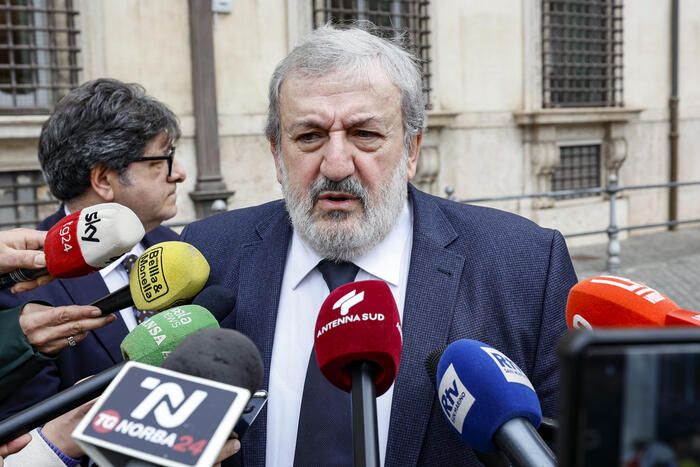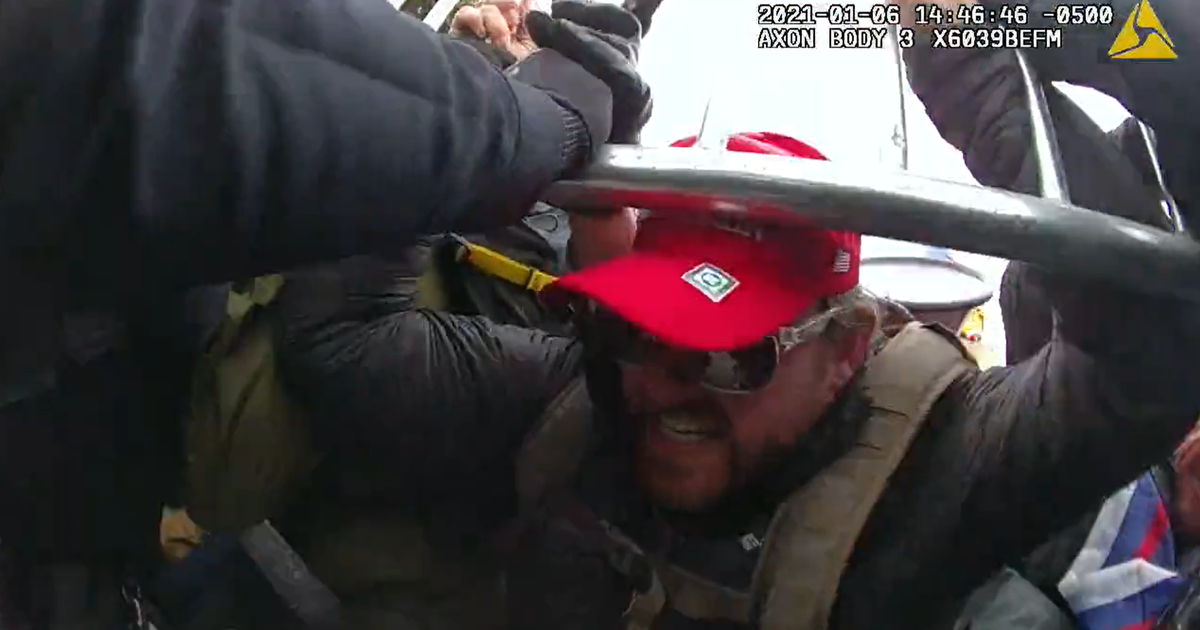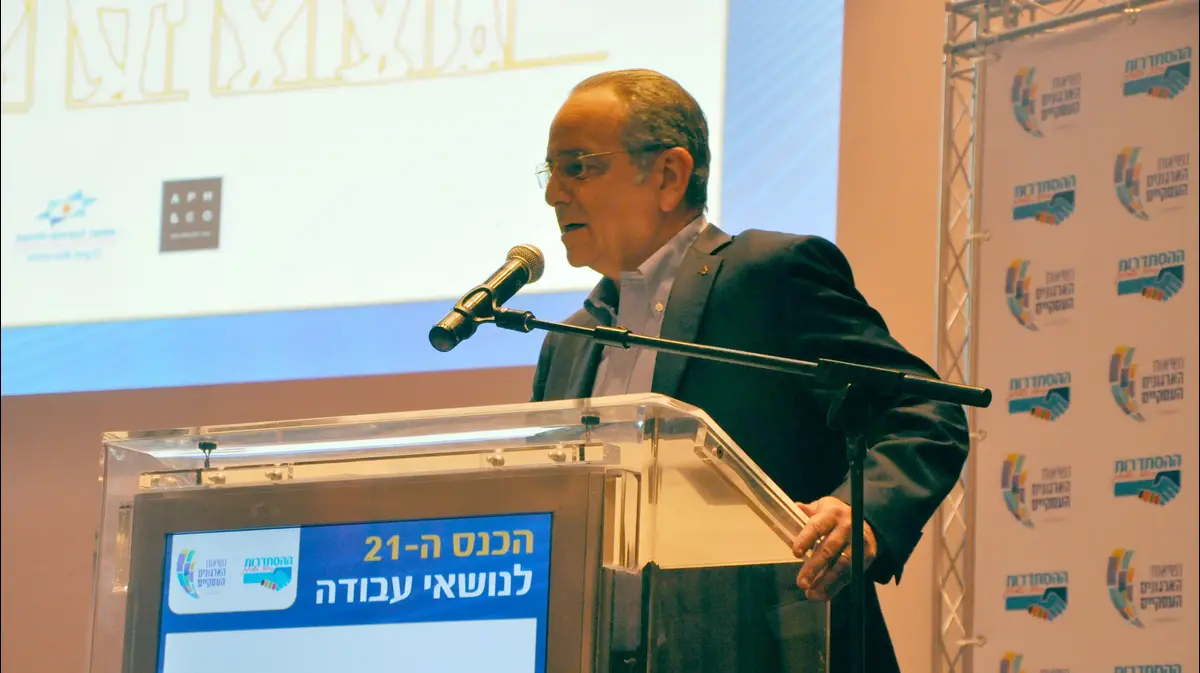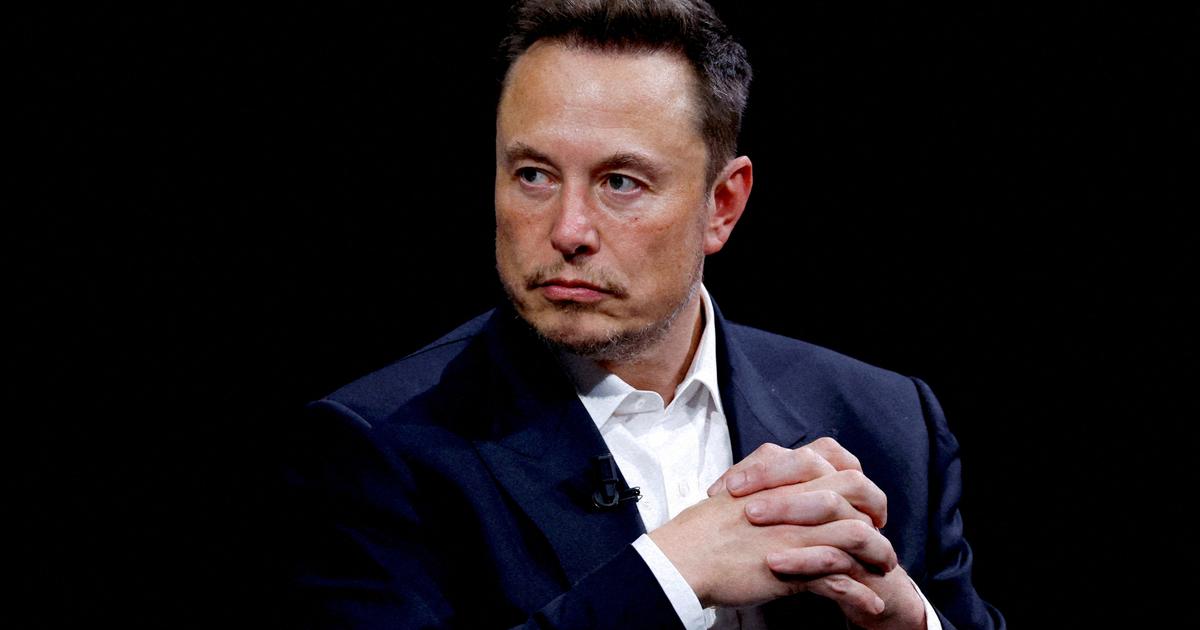Frances Haugen, Facebook's worst nightmare?
1:08
(CNN Business) -
Just days after insurgents stormed the Capitol on January 6, Facebook COO Sheryl Sandberg downplayed her company's role in what had happened.
"We know this was organized online. We know," he said in an interview with Reuters.
"We ... we removed QAnon, Proud Boys, Stop the Steal, anything that spoke of possible violence last week. Our app is never perfect, so I'm sure there were still things on Facebook. I think these events were they organized largely on platforms that don't have our ability to stop hate and they don't have our standards and they don't have our transparency. "
Whistleblower: "Almost no one outside of Facebook knows what happens inside Facebook"
But internal Facebook (FB) documents reviewed by CNN suggest otherwise. The documents, including an internal audit and a document showing in real time the countermeasures that Facebook employees were belatedly implementing, paint a picture of a company that was in fact fundamentally unprepared in the face of how the Stop the Steal movement used its platform. to organize, and it only really came into action after the movement, which played a key role in the insurrection, turned violent.
When asked by CNN about the Sandberg quote and if she kept it, a Facebook spokesperson pointed to the broader context surrounding Sandberg's quote.
She had been pointing out that the Jan.6 organization was developed primarily online, including but not limited to Facebook platforms, the spokesperson said.
The documents were provided by Facebook whistleblower Frances Haugen as evidence to support the disclosures she made to the Securities and Exchange Commission and that Haugen's legal counsel provided to Congress in edited form.
The edited versions were obtained by a consortium of 17 American news organizations, including CNN.
One of Haugen's main allegations about the company centers on the attack on the Capitol.
In an SEC disclosure, it alleges, "Facebook misled investors and the public about its role in perpetuating disinformation and violent extremism in connection with the 2020 elections and the January 6. insurrection."
advertising
Haugen's leaked documents began appearing in The Wall Street Journal earlier this year.
The revelations in the newspaper's ongoing series of reports, The Facebook Files, captured the attention of lawmakers around the world.
Facebook denies the premise of Haugen's findings and says she has selected documents to present an unfair description of the company.
"Responsibility for the violence that occurred on January 6 rests with those who attacked our Capitol and those who encouraged them. We took steps to limit content that sought to delegitimize the election, including tagging candidates' posts with the latest vote count. after Mr. Trump prematurely declared victory, pause new political hype and remove the original #StopTheSteal Group in November, "Facebook spokesman Andy Stone told CNN on Friday.
"After the violence broke out on Capitol Hill and we saw continued attempts to host events to dispute the outcome of the presidential election, we removed the content with the phrase 'stop the steal' under our Harm and Harm Coordination policy. we suspended Trump from our platform. "
Facebook also posted a blog post from its Vice President of Integrity, Guy Rosen, on Friday night about its efforts around the 2020 elections.
Another former Facebook employee raises her voice about the company 4:03
"Our application was piecemeal"
Among the tens of thousands of pages of documents Haugen provided is an internal analysis of how the Stop the Steal and Patriot Party movements spread on Facebook, as first reported by BuzzFeed News earlier this year.
"Seen in hindsight it is clearer," writes the author or authors of the analysis, who are not identifiable because of what is provided. "[At] that time it was very difficult to know if what we were seeing was a coordinated effort to delegitimize the election, or if the freedom of expression of users who were scared and confused and deserved our empathy was protected. But in hindsight it makes It is even more important to look back to learn what we can about the growth of the electoral delegitimization movements that grew, spread the conspiracy and helped incite the Capitol uprising. "
The analysis found that the policies and procedures that Facebook had in place simply weren't up to the task of slowing down, much less stopping, Stop the Steal's "meteoric" growth. For example, those behind the analysis noted that Facebook treated each piece of content and person or group within Stop the Steal individually, rather than as part of a whole, with dire results.
"Almost all of the fastest growing FB clusters were Stop the Steal during their growth peak," says the analysis.
"Because we looked at each entity individually, rather than a cohesive move, we were only able to remove individual groups and pages once they exceeded a violation threshold. We were unable to act on simple objects like posts and comments because individually they tended to no violation, even if they were surrounded by hatred, violence and misinformation. "
ANALYSIS |
Mark Zuckerberg goes after Facebook whistleblower, but stumbles
This approach finally changed, according to the analysis, when it was too late.
"After the Capitol uprising and a wave of Storm the Capitol events across the country, we realized that the individual delegitimizing groups, pages, and slogans constituted a cohesive movement," says the analysis. .
This wasn't the only way Facebook hadn't been able to anticipate something like Stop the Steal, or its response was missing.
Facebook has had a policy for some time that prohibits "coordinated inauthentic behavior" on its platforms. This ban allows you to take action against, for example, the army of Russian trolls that worked to interfere with the 2016 American elections through accounts and pages set to look American. But, the analysis emphatically points out, the company had "few policies around actual coordinated harm," that is, to prevent people from organizing under their real names and without hiding its intention to get the country to reject the results of the elections.
The Stop the Steal and Patriot Party groups "were not directly mobilizing damage offline, nor were they directly promoting militarization," the analysis says.
"Instead, they were amplifying and normalizing disinformation and violent hatred in a way that delegitimized a free and fair democratic election. The harm existed at the network level: an individual's speech is protected, but as a movement, it normalized delegitimization. and hatred in a way that resulted in offline damage and damage to the norms that sustain democracy. "
However, the analysis notes that once Facebook saw the results of Stop the Steal on January 6 and took action, it was able to implement actions that hampered the growth of the Stop the Steal and Patriot Party groups.
Facebook's Stone told CNN: "Facebook has taken extraordinary steps to address harmful content and we will continue to do our part. We also work closely with law enforcement, both before January 6 and in the days and weeks after," with the aim of ensuring that the information linking those responsible for January 6 with their crimes is available. "
Pulling the levers
Haugen began gathering evidence on the company before finally leaving the tech giant last May.
To reduce the chance of being caught taking screenshots of Facebook's internal systems, she used her phone to take pictures of her computer screen.
While the insurrection was underway in Washington and Facebook was trying to control the situation, Haugen was taking photos, documenting the company's response.
One of the documents it captured, titled "Capitol Protest BTG [Break the Glass] Response," was a table of actions Facebook could take in response to the January 6 attack.
The graph appears to have been prepared in advance;
By the time Haugen photographed it, just under two hours after the Capitol was initially stormed, the company had instituted some of those measures while others were still under consideration.
Possible actions listed in the table include downgrading "content that is deemed likely to violate our community standards in the areas of hate speech, graphic violence, and violence and incitement."
The page labeled them "US2020 Levers, previously reversed."
Those "levers," as Facebook calls them, are measures - railings - that the company put in place before last year's presidential election in an attempt to curb the spread of hate and misinformation on the platform. Facebook has not been clear in its public statements about what measures it pushed back after the election and why it did so at a time of tumult when the incumbent president questioned the results of the vote.
But according to the "Capitol Protest BTG response" document, the security measures Facebook reimplemented on January 6 included reducing the visibility of posts likely to be reported and freezing "comments on Publications in Groups that begin to have a high rate of incitement to hatred and violence & inciting comments ", among others.
In the SEC's disclosure, Haugen alleges that these levers were reset "only after the insurrection broke out."
When asked about decisions to dial the levers back and then push them out again, Stone said: "By gradually introducing and then adjusting the additional measures before, during and after the elections, we took into account the specific signals in the platforms and information of our ongoing and regular engagement with law enforcement. When those signals changed, so did the measures. "
A continuous line
When Facebook executives posted messages publicly and internally condemning the riot, some employees rebuffed them, even suggesting that Facebook may have had some guilt.
"There were dozens of Stop the Steal groups active as of yesterday, and I doubt they just talked about their intentions," wrote an employee in response to a post by Mike Schroepfer, Facebook's chief technology officer.
Another wrote: "With all due respect, but haven't we had enough time to figure out how to handle speech without allowing violence? We have been fueling this fire for a long time and it should come as no surprise that it is now out of control."
Other Facebook employees went further, claiming that the decisions of company leaders over the years had helped create the conditions that paved the way for an attack on the US Capitol.
In response to Schroepfer's post, a staff member wrote that "leadership overrides research-based political decisions to better serve individuals such as groups inciting violence today. Rank and file workers have done their part to identify changes to improve our platforms, but they have been actively withheld. "
Another staff member, referring to years of controversial and questionable decision-making by Facebook leaders around political discourse, concluded, "history will not judge us kindly."


/cloudfront-eu-central-1.images.arcpublishing.com/prisa/OV2VBR4SENF6HBYT4PL7REJMVU.jpg)






